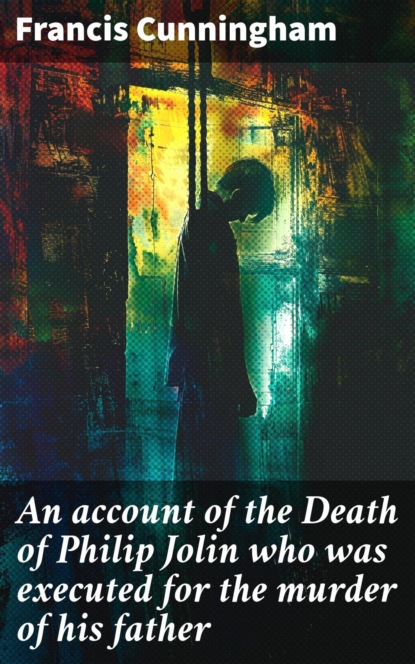Sayfa sayısı 70 sayfa
0+
An account of the Death of Philip Jolin who was executed for the murder of his father
Kitap hakkında
In «An Account of the Death of Philip Jolin who was executed for the murder of his father,» Francis Cunningham presents a haunting exploration of guilt, justice, and familial betrayal within a narrative framework that reflects the socio-legal concerns of his time. Through meticulous recounting and vivid descriptions, Cunningham blends elements of true crime with moral inquiry, giving readers a lens into the psychological complexities surrounding Philip Jolin's harrowing tale. The prose is characterized by its stark realism and the evocative use of period vernacular, inviting readers to grapple with the ethical dimensions of capital punishment and its implications for society. Cunningham, known for his deep engagement with the moral fabric of 19th-century England, likely drew inspiration from both personal convictions and contemporary debates surrounding crime and punishment. His background in law and social reform informs this work, allowing him to critique not only the individual case of Jolin but also the wider judicial practices that govern life and death. This nuanced perspective renders Cunningham a pivotal figure in literary discussions of ethical storytelling and the sociopolitical constructs of his era. Readers with an interest in the intersections of law, morality, and narrative should not overlook this compelling account. Cunningham's fierce yet compassionate examination of a tragic event elevates it beyond mere documentation, prompting profound reflections on the human condition, making it a significant contribution to both historical and literary studies.
